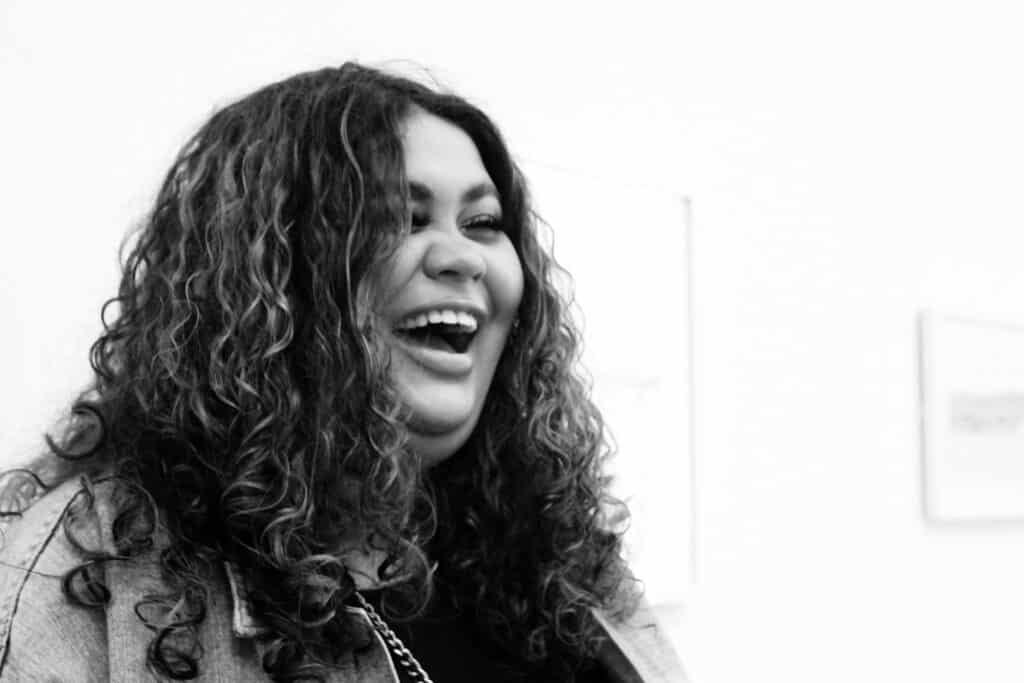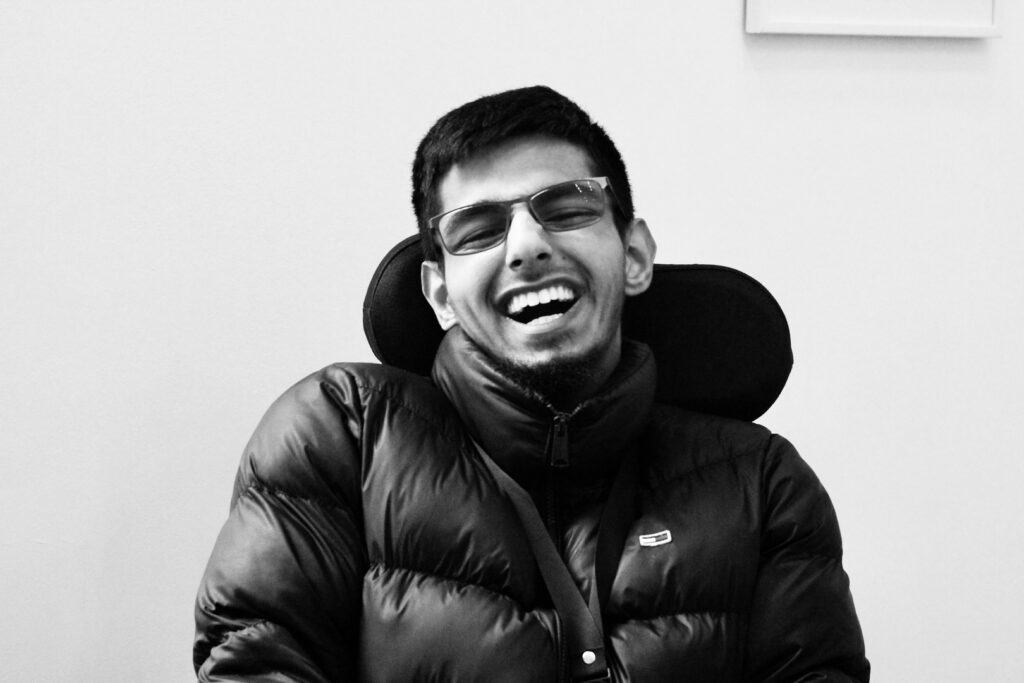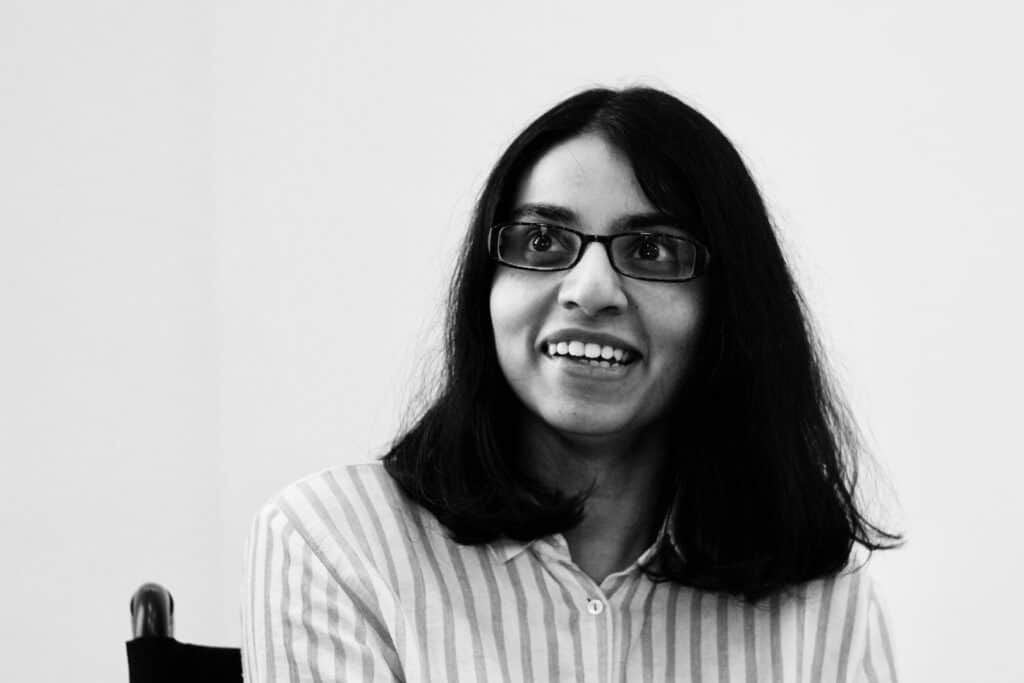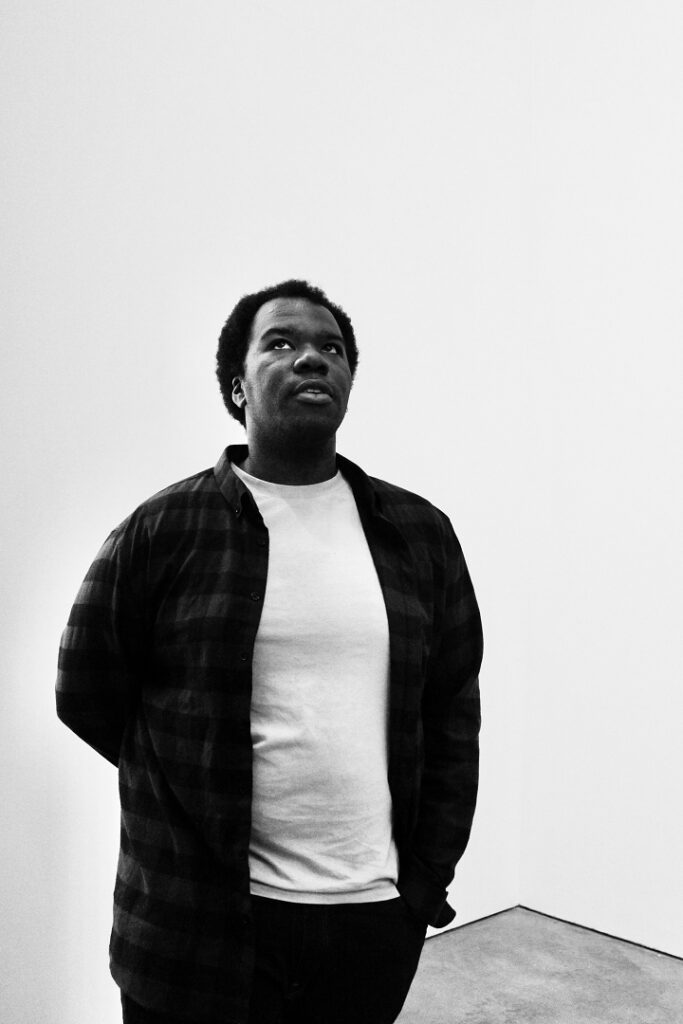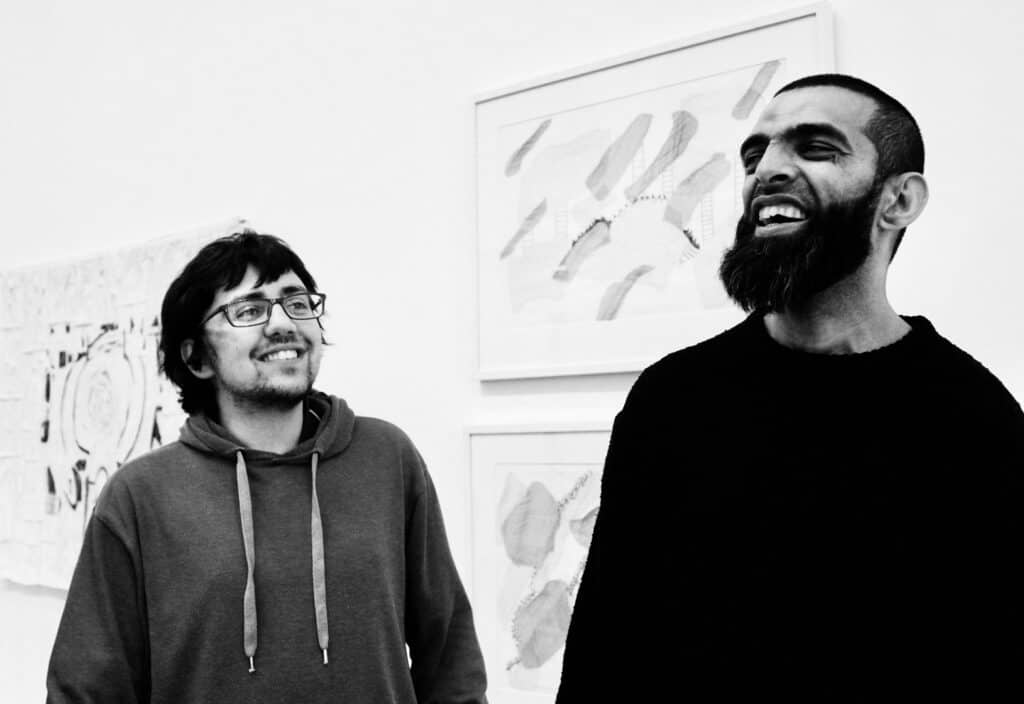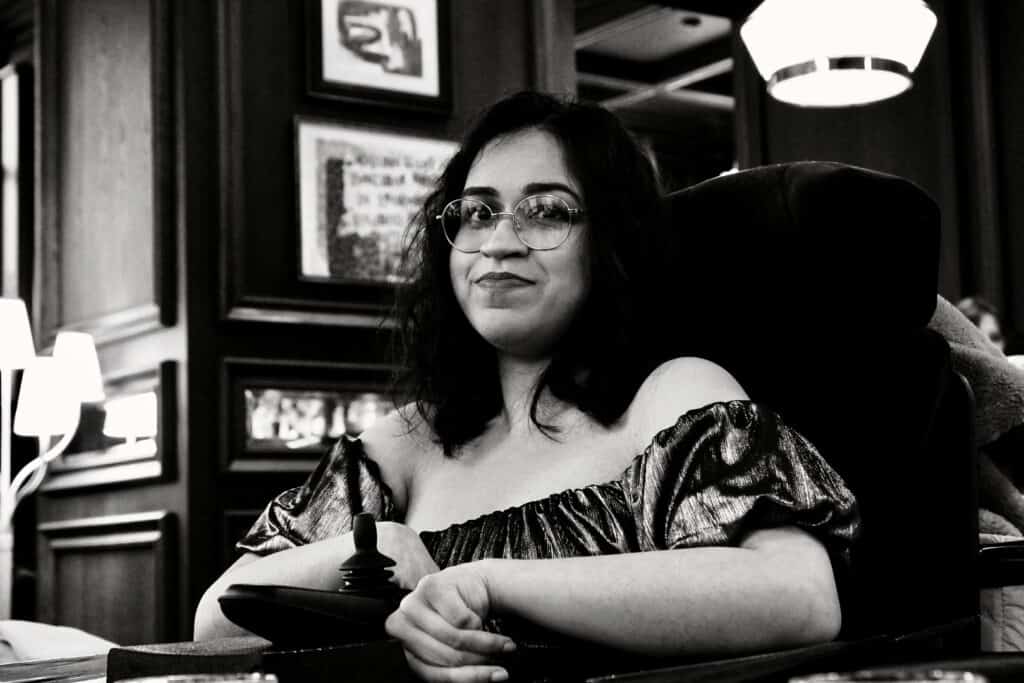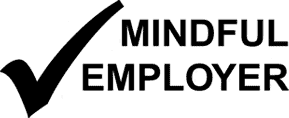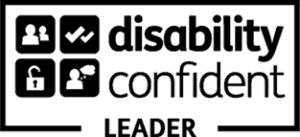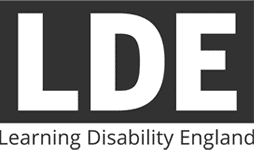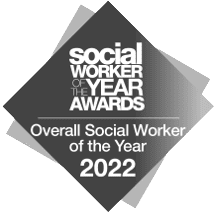Changing Our Lives’ philosophy is underpinned by a commitment to anti-racist practice.
Anti-racism is all about taking action to challenge and change racist policies, behaviours and beliefs. In order to make this commitment a reality, we prioritise equality and equity. You can’t have one without the other.

Equality involves individuals and communities having equal opportunities to make the most of their lives and talents.
Equity is about giving people what they need to make things fairer and plays a key role in achieving equality.
To achieve equity, we must take into account systematic and structural factors that perpetuate inequalities, in order to challenge them and create more equal access to opportunities and life outcomes.
For us, equity means targeting our resources to benefit communities that experience social injustice and health inequalities on multiple levels. The following resources and projects demonstrate some of our targeted anti-racist work.
Resources
These are some of our anti-racism resources. You may find some or all of these useful for starting conversations in your organisation, group or classroom.
Equal Treatment
Equal Treatment is an anti-racist training programme funded by NHSE England.

It is aimed at people with a learning disability within self-advocacy organisations as well as their management structures, to encourage them to develop their practice to address the stark inequalities faced by people with a learning disability from minority ethnic communities and overcome barriers and taboos in relation to understanding and speaking up about racism.

The Equal Treatment training programme includes a historical perspective, discusses how racism impacts attitudes and behaviour, explores real stories and considers the challenges and solutions.
A core element is the recognition that people need to be seen and understood as a whole – not simply as a disabled person, but a person whose ethnicity and experience of race will inevitably shape their life experiences.
Rights For All
Rights for All is a leadership development programme specifically designed to get people from minority ethnic communities into leadership opportunities.

We knew disabled people from minority ethnic communities were seldom offered opportunities to develop their knowledge, skills and attributes as leaders, so we decided to tackle this head on. During the project, individuals chose their own professional mentors from minority ethnic communities and from a range of professional fields.

Across a series of workshops, Rights for All explored the concept of race and how racism impacts leaders, both currently and historically, and gave individuals an understanding of how universal human rights could unlock opportunities, widen their knowledge and help them manage challenges they would face throughout life.
Colour Between the Lines
Drawing on oral history approaches and funded by the Heritage Lottery, Colour Between the Lines charts the individual development and successes of 7 disabled individuals from minority ethnic communities who, in spite of societal prejudices and discrimination towards race and disability, have established successful and thriving lives.

The project emerged from an awareness of the relative invisibility of disabled people from minority ethnic communities in society and in oral histories, and the need to challenge these gaps in the narrative.
As the individuals involved with this project sit at the intersection between disability discrimination and racism, they were able to provide a unique vantage point on the role ethnicity plays in disability and self-advocacy movements.

The publication was accompanied by a short film and a series of portraits, which were launched in July 2022 at the Black Cultural Archives in Brixton as one of a series of events marking the 20 year anniversary of Changing Our Lives.
‘Working at a national level as a disabled man from an Asian background, I stood out. There were no other brown faces. I thought this is not right. There are so many communities out there. I’m not here to tick your ethnicity box. Just because I’m Asian and disabled, doesn’t mean I hold all the knowledge. I don’t know everything about being Asian and disabled.’
Siraaj Nadat, BEM

